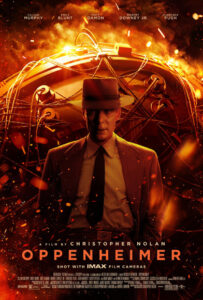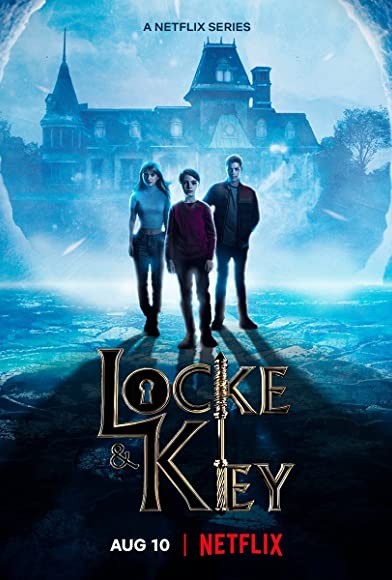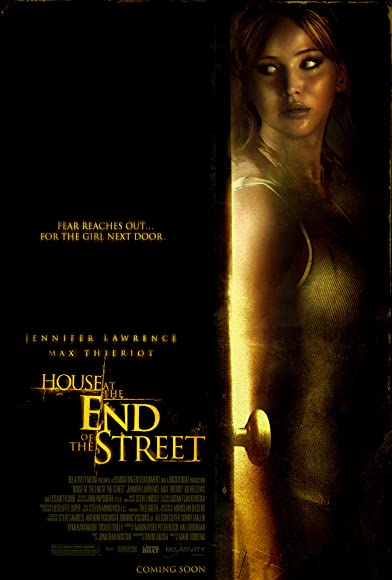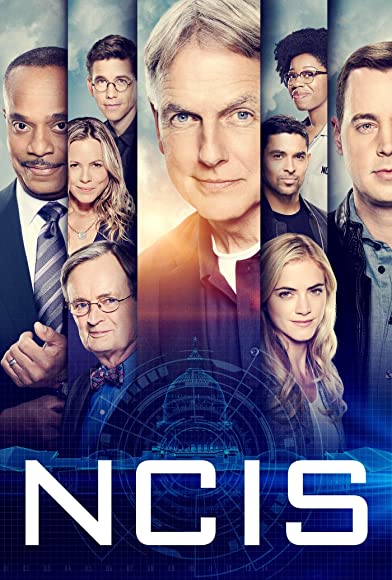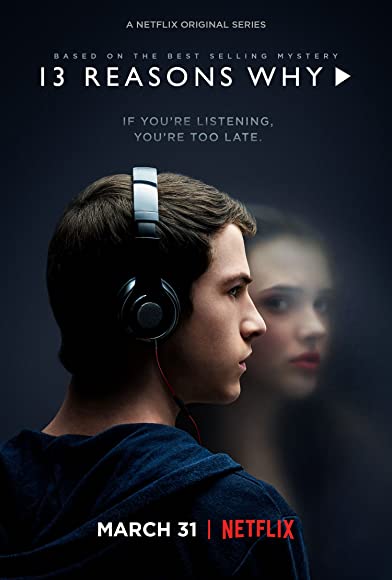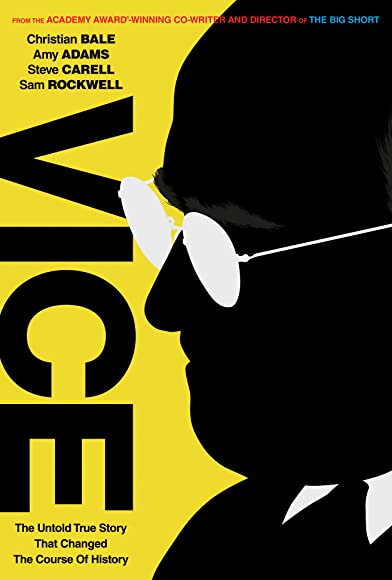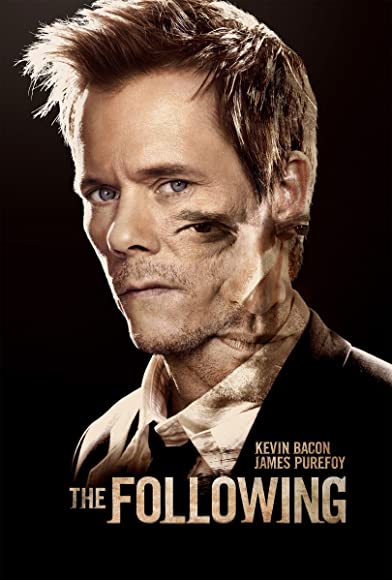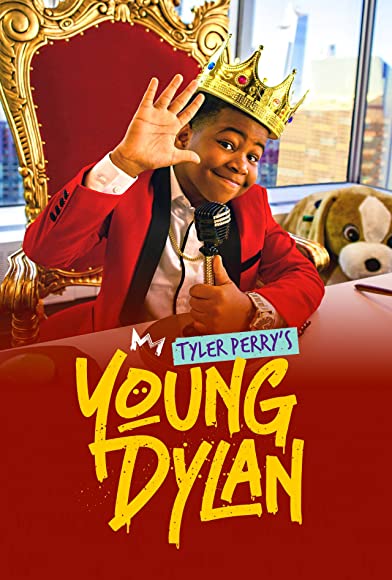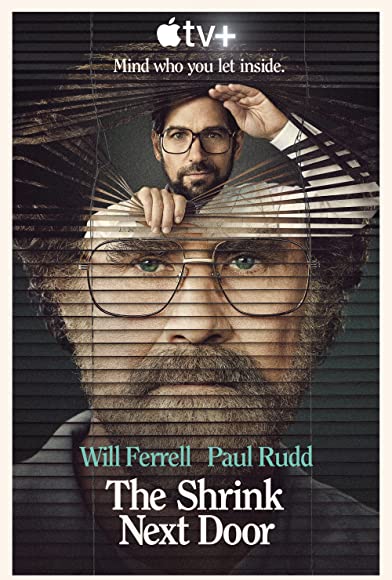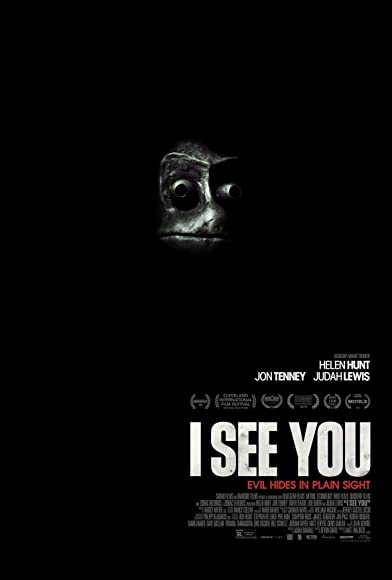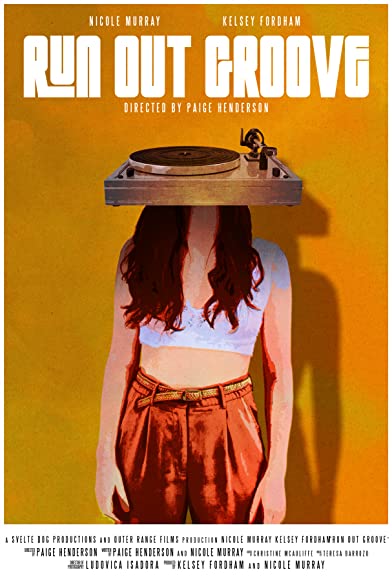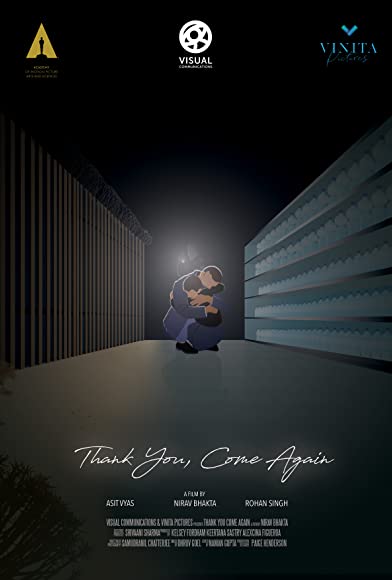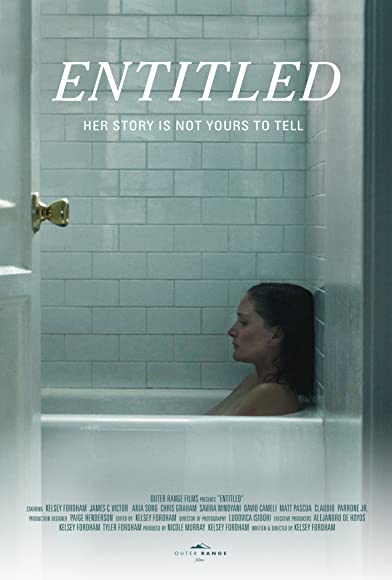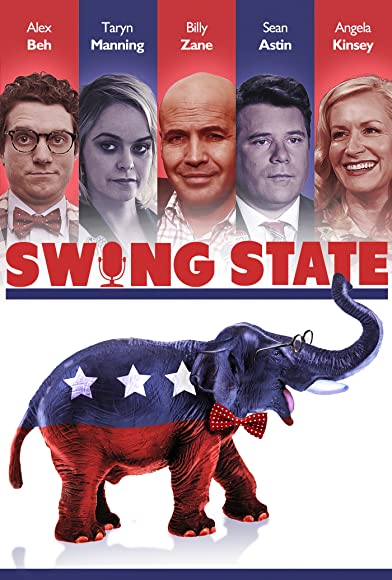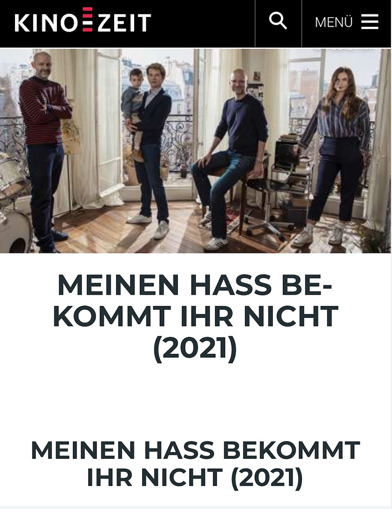Working your Internal Life with “Intentional Energy”
By Kimberly Jentzen
Acting is the ability to believe in an event as if it’s happening now. In film and television, it’s particularly crucial that the acting feels like it’s occurring for the first time. This is true, no matter how many takes are needed to complete the job; acting requires “intentional energy.”
Intentional energy gives the actor a focus by playing the consequences of the scene. Intentional energy puts the actor’s attention on the character’s need, and all listening is filtered through that need. A great example is in the film Moneyball, when Brad Pitt and Jonah Hill sit across from each other, juggling phone calls as they trade baseball players for their team. The intentional energy between them keeps the stakes alive.
Too much energy can be distracting. It can trip the actor up by circumventing listening skills, making random movements or being all over the room. Energy that is too low can produce similar results and cause you to deliver a dull and unexciting performance. Both energy issues disable the actor and demonstrate problems with mental focus, physical stillness and believability in the performance.
We’ve all heard casting directors, directors and industry professionals speak about how important energy is and that all great actors have a lot of it. So what gets in the way? Here are some thoughts I’ve come to that I hope will aid you in harnessing intentional energy.
Self-awareness can steal energy. If you are watching whether or not you are doing a good job, your energy will be disconnected from your intention. Your intention must stay with what the character wants, not the performance you want. Often what happens when you watch yourself is that you edit your ideas and the instincts that you think are bad, may actually be good. You can’t know this without trusting your instincts as you attempt to live into the character’s intention.
Another energy issue that happens is when you attempt to play a character that requires you to go beyond your own comfort zone of emotional expression.
If you have been conditioned to censor your own thoughts and emotions—to hide yourself from feeling what is real within you, there will be energy issues.
Often in life, there are times when we can kind of “check out.” Sometimes, just to survive our youth or current situations, we may bury our emotions thinking, that it’s the only way to survive. And our cultural upbringing has great influence on us as well. We might suppress our feelings so deeply that our own passion gets hidden. And when passion is buried, energy is buried.
Eye contact radiates energy and connects you to your scene partner. It gives you your eye line. It also helps the editor give you your close-up because if you look at the wall as you listen, while your scene partner is delivering their lines to you, it is difficult for the audience to perceive the relative space. You’re close-up might be lost to a two-shot so the audience understands the juxtaposition.
However, you never want to “stare” at your partner. You want to really listen and react. You want to be engaged in the life of the scene.
Let’s explore this. Right now as you read this, stop for a second and stare and then observe what happens…. When you stare, basically there is nothing going on. Staring is “checking out,” it is the opposite of listening. Connecting with your partner requires energy to listen and react. You do this naturally when you live into the character’s intention.
In a scene, there are three places our eyes can go: 1. With our scene partner. 2. Away from the scene partner and into our own thoughts, and 3. The environment—where you take it in and then use it to stimulate the energy to fulfill the moment. Each requires the actor to live into the character’s intention with focused thoughts so that living into the reality of the circumstance allows you to be fully engaged and in the moment.
Intentional energy is harnessed through Stanislavsky’s beloved principle called the “magic if.” Living into the circumstance as if it is really happening to you. In every scene and exercise you do, attempt to live into the “magic if.”
Along with this approach you will find it necessary to discover your character’s objective. If you do that successfully, you will have the opportunity to build on a focused energy. What and how you listen will determine whether or not you are winning your objective. These simple tools can be the source of a focused energy that allows risk taking and the building of an intentional energy.

